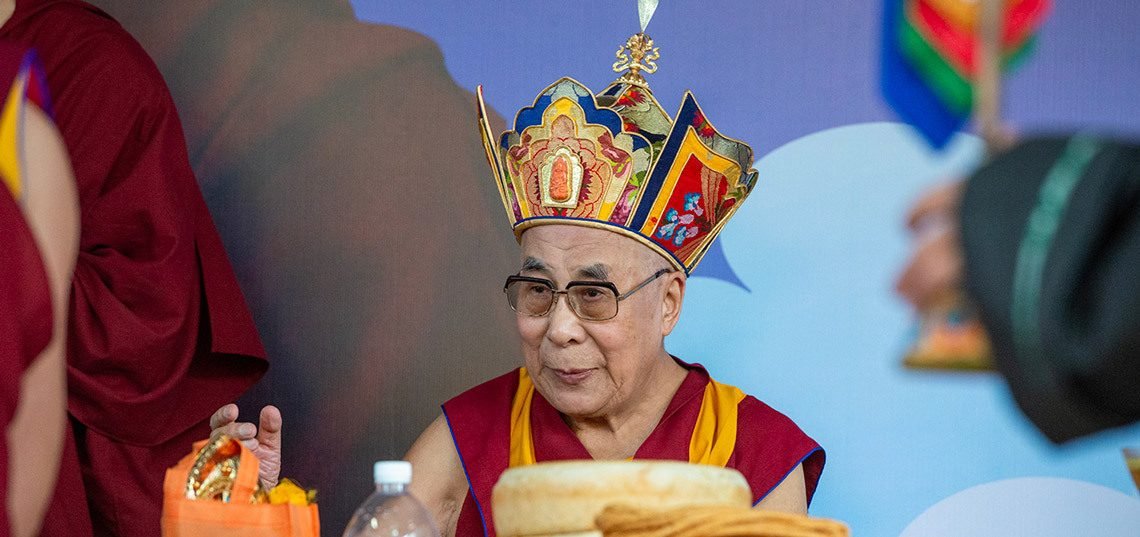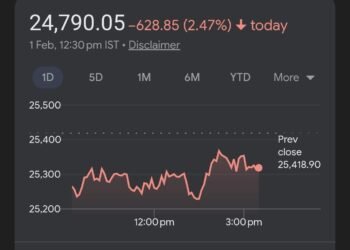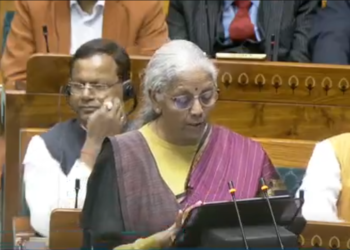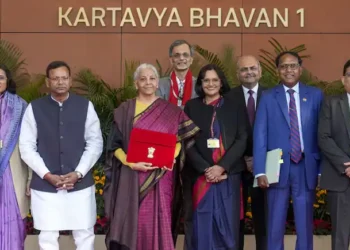China warns India against supporting the Dalai Lama’s stance on reincarnation, calling the issue a thorn in bilateral ties.
BY PC Bureau
July 13, 2025: A day after the Dalai Lama arrived in Ladakh for a 45-day stay, the Chinese Embassy in New Delhi reignited tensions over the Tibetan spiritual leader’s succession, calling it a sensitive internal matter for Beijing and warning India against playing the “Tibet card.”
The sharp remarks came just days ahead of Indian External Affairs Minister S. Jaishankar’s scheduled visit to China—his first since the deadly 2020 border clashes that left 20 Indian and four Chinese soldiers dead. Jaishankar is due to attend a regional security summit of the Shanghai Cooperation Organisation in Tianjin on July 15, where he is expected to hold bilateral meetings on the sidelines.
In a statement posted on social media platform X, Chinese Embassy spokesperson Yu Jing said that “some people from India’s strategic and academic communities” had made “improper remarks” regarding the reincarnation of the Dalai Lama. While she did not name individuals, her comments followed recent statements by Indian officials and analysts backing the Dalai Lama’s assertion that only his office has the authority to decide his successor.
READ: Indian Army Unleashes Deady Attacks on ULFA-I Camps in Myanmar, Kills Top Commander
“The reincarnation and succession of the Dalai Lama is inherently an internal affair of China,” Yu said, using “Xizang,” the Chinese name for Tibet. “The Xizang-related issue is a thorn in China-India relations and has become a burden for India. Playing the ‘Xizang card’ will definitely end up shooting oneself in the foot.”
The row was triggered after the 89-year-old Dalai Lama reiterated during his birthday celebrations that China had “no role” in determining his successor. The event, attended by senior Indian ministers, appeared to reaffirm India’s symbolic support for the exiled spiritual leader.
🔹It has been noted some people from strategic and academic communities, including former officials, have made some improper remarks on the reincarnation of Dalai Lama, contrary to Indian government’s public stance.
🔹As professionals in foreign affairs, they should be fully… pic.twitter.com/HlG2IdvW1P— Yu Jing (@ChinaSpox_India) July 13, 2025
India, home to around 70,000 Tibetan refugees and the Tibetan government-in-exile in Dharamshala, has long walked a diplomatic tightrope between accommodating the Dalai Lama and managing its tense relationship with Beijing. The spiritual leader has lived in exile in India since 1959, following a failed uprising against Chinese rule in Tibet.
Parliamentary and Minority Affairs Minister Kiren Rijiju, who was seated next to the Dalai Lama at his birthday celebration last week, said as a practising Buddhist he believed that only the Dalai Lama’s office could decide matters of reincarnation.
READ: Who Was ULFA’s Top Gun, Feared Killed in India’s Strike in Myanmar?
India’s Ministry of External Affairs, however, maintained a neutral position. On July 4, just two days before the Dalai Lama’s birthday, it reiterated that New Delhi “does not take any position or speak on matters concerning beliefs and practices of faith and religion.”
In a sign of tentative diplomatic thaw, Defence Minister Rajnath Singh had also met his Chinese counterpart last month on the sidelines of a separate Shanghai Cooperation Organisation summit. The Jaishankar visit now assumes greater significance amid persistent friction along the Line of Actual Control and a growing divergence over Tibet.
With the Dalai Lama turning 90 this month and succession questions looming larger than ever, the issue risks becoming a new flashpoint in the already strained bilateral relationship.













